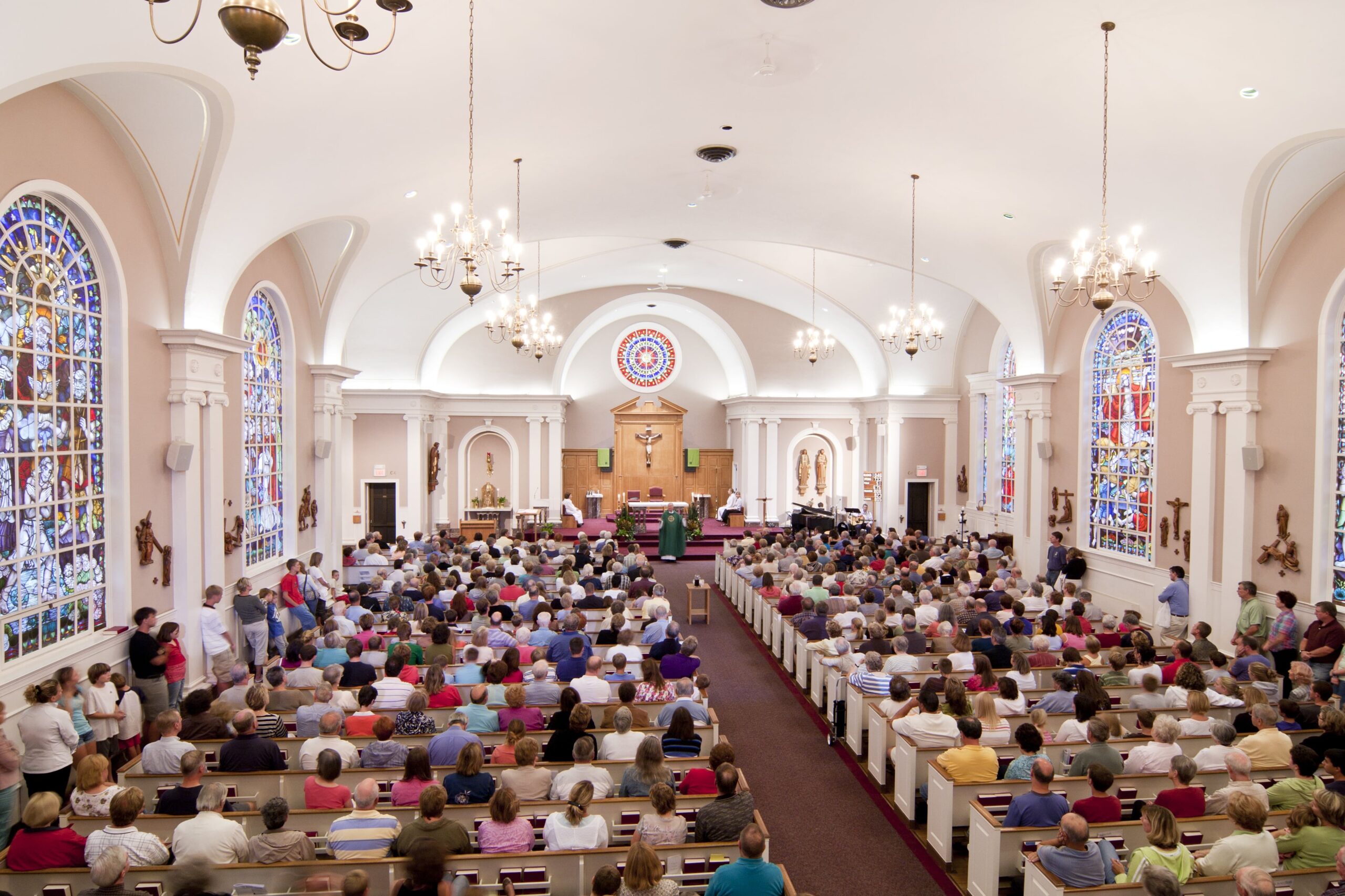Today we begin a new series by delving into a topic that plagues us all. Whether we are leaders in churches or just lay people trying to survive the week, time management is a struggle we all face. It’s a topic we are taught about from an early age, but is also something that produces struggles in the lives of even the most organized and the best intentioned. How do we spend our time? How do we balance our work and our personal lives? How do we find the time to do all that God has called us to do?
This four-part series will explore the priorities for our time, as well as give some practical tips on managing time as a church leader when the demands seem to be greater and more pressing every day. In examining our priorities, we might need to do some much-required soul searching to determine where to devote our resources of time and what might need to take a back seat until more time and energy becomes available. Allocating our limited time takes thick skin and removing some of the emotion from the decision-making process but also a certain amount of grace and sensitivity so that we don’t unintentionally hurt those to whom we are ministering.
One of the first things church leaders must build in to their daily schedules is margin. Creating margin in our schedules and daily live means intentionally setting aside time to transition, to rest, to evaluate, or simply to do nothing. It is the buffer we as church leaders all need to make sure we are not running ourselves ragged with a jam-packed schedule that does not allow for the unpredictable. Margin will be the thing that gives much needed rest and recovery from our regularly scheduled tasks, but it also provides the space necessary to take on the unexpected when the Holy Spirit guides and directs us to interact with those in need.
What exactly does creating margin do for us?
1) Margin creates space.
Let’s face it. Our schedules are crowded. We rarely have enough time to do all the things we really want to do or to meet all the people we really want to meet. It seems counter-intuitive to add blocks of “nothing” to our everyday calendar. However, it is only by intentionally reserving time in the midst of our busyness that we can be effective and have the time and space to meet the needs of the unexpected. Without this space, we won’t have the time to take an unanticipated detour in our day that might allow us to be the hand of God in a needy person’s life. This space frees us to interact more meaningfully in the time we are allotted and minister in ways that we may not have foreseen.
2) Margin provides rest.
Whether it’s 5 minutes or 5 hours, carving margin time out of our schedules can give our brains (and bodies!) the rest we need to continue serving at a high capacity. Taking a break or having some breathing space between meetings allows our brains to rest and recharge, allowing us to garner the energy needed to serve our people well. This is particularly important when we as church leaders are dealing with heavy leadership decisions, counseling deeply troubled church members, or preparing a crucial sermon or lesson to teach. Giving ourselves a margin of time in which to rest will allow us to be our very best and serve with the vitality our congregations deserve.
3) Margin sparks creativity.
We’d probably all say that vacations provide the time and space we need to be creative, to truly think things through, and to process all that life throws at us. It would be wonderful if we as church leaders could take a vacation every month (!) to recharge our batteries and gain the creative perspective we sometimes find ourselves lacking. While monthly vacations may not be possible, we can certainly plan to have margin in our schedules that can be devoted to quiet, prayer, reflection, and thinking creatively. An hour on a weekday afternoon with a cup of coffee and a journal could be just the thing needed to produce those creative juices that we need to write, to prepare an important talk, or to develop some sort of plan to counsel those in the most needy of places. Times of margin in the midst of our working week can bring creative thoughts to the forefront of our minds and help us to be all that God wants us to be in life’s most difficult situations.
4) Margin allows for reflection.
Perhaps more than any other activity, reflection and evaluation of life’s events and our ministry activity can produce positive results and overall effectiveness in the life of our church. Running from one meeting to the next without adequate time for determining next steps, assessing situations, or taking time to pray for guidance and direction will certainly produce a lack of effectiveness in the long run. Deliberate scheduling of breaks, gaps in the schedule, or time in solitary thought can be used for this much-needed reflection time. Our ministry to our people suffers without it.




